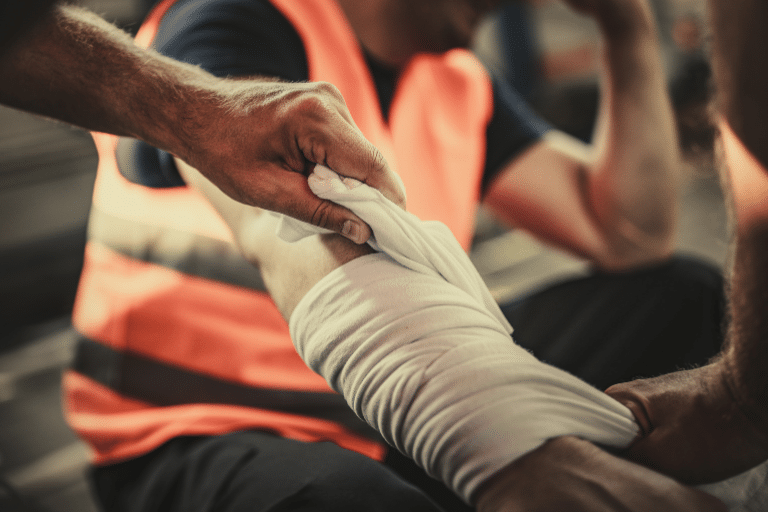If your courtroom exposure has been limited to Law & Order and other film dramas, the idea of hiring an expert witness could be confusing. Most witnesses either appear voluntarily or are subpoenaed. In contrast, expert witnesses are usually hired for their specific expertise. They may not have ever met the plaintiff or defendant before the case, nor were they involved in the incident.
What Does An Expert Witness Do?
Expert witnesses are brought in when the average juror needs an expert’s specialized knowledge, education or training to understand the case. For example, in a car accident case, expert witnesses might be called to recreate the scene. In a medical malpractice case, you might need a doctor to testify as to what an average doctor would do in similar circumstances. Most jurors don’t recreate accident scenes or operate on other humans for a living, so they’d need expert testimony to give them necessary context.
Both federal and state courts allow expert witnesses. Instead of testifying about what they’ve personally observed, like normal witnesses, experts can offer their professional opinion on a case. There are procedural rules that determine whether an expert witness is qualified to opine on the facts—your attorney will ask them a series of questions to prove their testimony will help the court understand the facts at issue.
When Would I Need an Expert Witness?
Typically, attorneys call an expert witness when your case involves a technical issue. For example, medical, forensic and mental health experts are often called to testify to how an accident happened and what effects it may have had on the victim. Their expertise is crucial to proving fault or the extent of their suffering, which affects how much the plaintiff can recover in damages. Both sides are allowed to call expert witnesses for the same issue, and both may challenge whether the expert is qualified under the procedural rules.
Not every case requires an expert witness. If your attorney doesn’t think you need one, it doesn’t have any bearing on how good your case is. It simply means that the average juror should be able to understand the evidence and testimony without needing additional guidance. (If you don’t need one, that will also save money on legal fees.) Ultimately, the more technical and complex your case, the more likely it is you’ll need an expert’s help.
Talk to an Ohio Attorney Today
Have you been injured in an accident? You don’t have to suffer on your own. Call me today at 877.944.4373 to discuss your case. Whether your case is simple or complex, I can help you get compensation for your medical costs, lost wages and more. I’ll Make Them Pay!®







